By Moira Murphy, Emoon Author
After you have decided on what to keep and what to ignore from your beta readers, the next step presents itself.
Do you use a second round of beta readers?
Well, I suppose that would depend upon how much changed from the first draft to the second draft. For example, if the corrections you made were minuscule, then I’d suggest that your editor could probably finish off the last few steps. However, if the changes from the first to the second draft were a bit more drastic, you may want to consider finding a second round of beta readers. As for myself, the changes from my original manuscript to my second was beyond drastic, therefore I required a round two. I changed the characters, part of the plot, and even the storyline.
So, if you find yourself in my position of needing a second go around with the beta readers, the question becomes; do you use the same group or find ‘fresh meat’? I feel like you can find out quite a bit about the beta readers editing style from the first round. Using that information will help determine whether a change is required. I kept two of the original beta readers, because of their beneficial comments the first round, but I also hired a few new ones. It really is up to you to determine who offered up valuable feedback, and sadly who did not. And again, I must repeat the importance of finding the right type of person to read your manuscript: fan of your genre, ability to be firm and kind, willing to be bribed. The right beta reader can be the one thing to perfect your novel.
I’ve just received the final comments from my round two, and while the critiques were much scarcer than the first novel, I am struggling to finish!
After working over a year and a half on this dang book, the last few weeks have been the most difficult to push through. But, now that I have a book launch date (*cough* May 6th *cough*), I kind of have to forge ahead.
So persist, I must. And you must, too.





